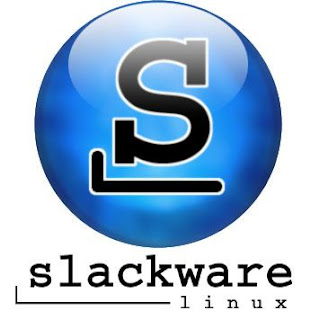However, if you secured your home-setup earlier/today (like I have), you SHOULD be safe, for the time being...
Time will show.
But... to give you an idea about HOW malicious this worm is, Microsoft has promised a $250.000 reward for anyone able to provide information about it's creator(s). So, it's a serious issue.
Or...is it? ;P (April 1st 2009?? C'mon...)

For mine norske lesere, her er en ganske detaljert artikkel om "problemet": http://www.dagbladet.no/2009/03/31/kultur/tekno/internett/virus/5549841/
For å utfylle litt mer ut ifra det engelske innlegget ovenfor:
Er du sikret mot Botnets, som f.eks. ved å bruke OpenDNS istedenfor en lokal navnetjener (router, gateway, e.l. som cacher navnespørringer lokalt, utgjør en sikkerhetsrisiko på IP addressering mot Internett), så er du rimelig sikret i tilfelle noe av dette finner sted. Lite trolig, siden det dreier seg om 1. april...













